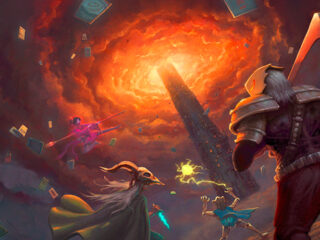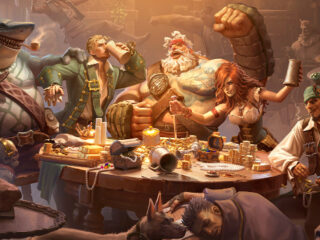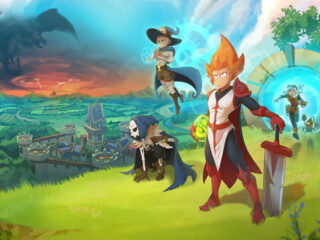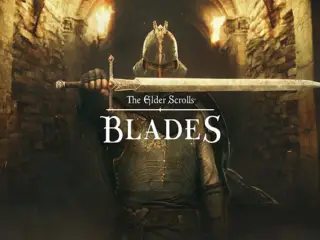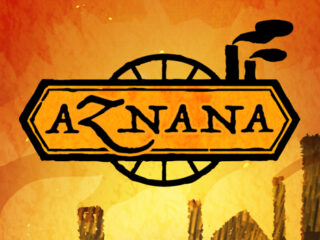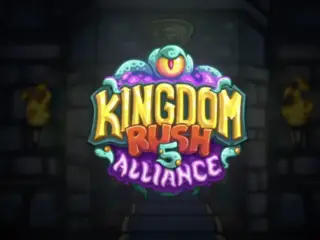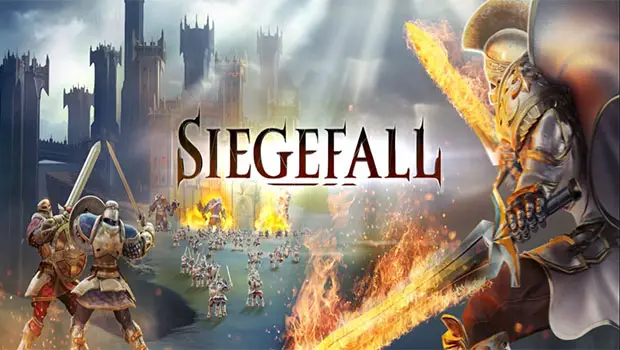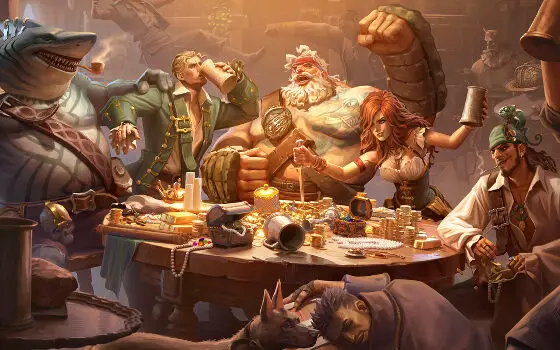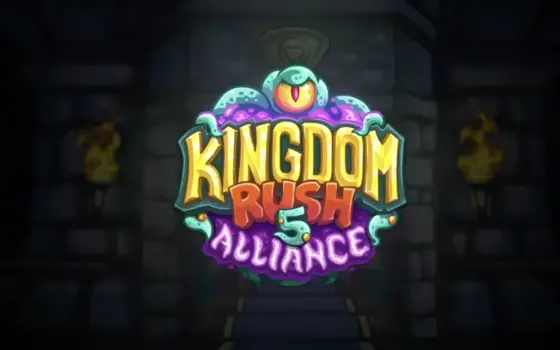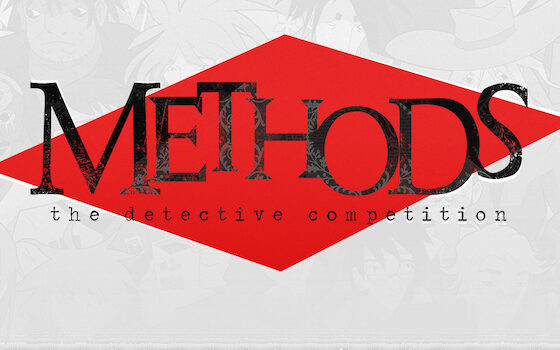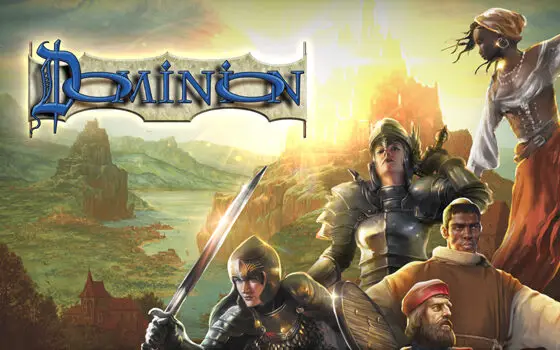 Okay I’ll admit it: I was pleasantly surprised that I actually enjoyed Siegefall, Parisian game studio Gameloft’s latest strategy title. I’d imagined a cash cow varnished with only a flimsy patina of “gamification,” with gameplay mechanics that were yawn-inducing at best. Instead, I found a fun tactical strategy that, if it weren’t for Gameloft’s economic incentives, might have held its own among the hoi polloi of fantasy-themed strategy games on the market.
Okay I’ll admit it: I was pleasantly surprised that I actually enjoyed Siegefall, Parisian game studio Gameloft’s latest strategy title. I’d imagined a cash cow varnished with only a flimsy patina of “gamification,” with gameplay mechanics that were yawn-inducing at best. Instead, I found a fun tactical strategy that, if it weren’t for Gameloft’s economic incentives, might have held its own among the hoi polloi of fantasy-themed strategy games on the market.
In an effort to be “multiplayer,” Siegfall tries to implement a weird hybrid of RTS and tactical strategy. The RTS elements actually fall pretty flat. You control a city (the game promises a “Kingdom,” but it’s really just a city, womp womp) where you can construct buildings that are geared towards resource-gathering or maintaining and upgrading your troops and spells. Resource gathering is standard, boring, and annoying mobile-game fare: build a few economic buildings and just wait for the gold, wood and what-have-you to flow in, tapping your structures every so often to stockpile your resources. True to the genre, the game employs all the known psychological tricks to keep you playing, and hopefully, paying. For instance, there’s a cap on your resources, ensuring that you spend your stuff quickly (by playing continuously), upgrade your buildings (an expensive and time-consuming process), or lose the excess, a galling prospect for the power-gamers among us. Then there’s the wait time: building or upgrading anything takes an annoying amount of time, encouraging you to spend “gems,” the paid currency of the game (isn’t it always gems? I’d love to see some originality). And like an astute drug dealer, the game dishes out tiny parcels of gems now and then to keep you craving for more, slowly increasing how many gems you need to complete anything, until you’re hooked and slowly bled of your hard-earned cash.
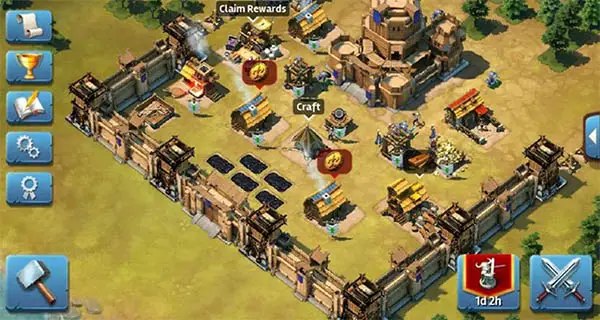
The kingdom-building portions also include a faux-multiplayer warring system, where other human players can invade your city while you’re logged off. I got attacked multiple times while I was at my day job, but since the consequences were relatively trivial (your structures get rebuilt as soon as you log in again), I barely noticed. I soon chose to eschew the various walls, towers, barricades and other defensive structures that were meant to defend against marauding players: I cared little about leaderboards and my wealth was far better spent upgrading my troops for story missions.
I’m not even going to bother with the plot, because it’s obvious how tacked on the narrative was. Not to mention the awkward voice-acting in the form of cheesy sound-clips that you suffer through whenever you complete an action. No, I want to focus on the meat of the game, the tactical combat encounters, which are unfortunately somewhat overshadowed by the RTS elements. To each battle, you can choose to bring in a hero, a few squads of troops, and a handful of spells, all of which are built in your city. Once a battle begins, you can order your troops exactly once, choosing to send them to one particular area on the map, after which the AI controls their movements.
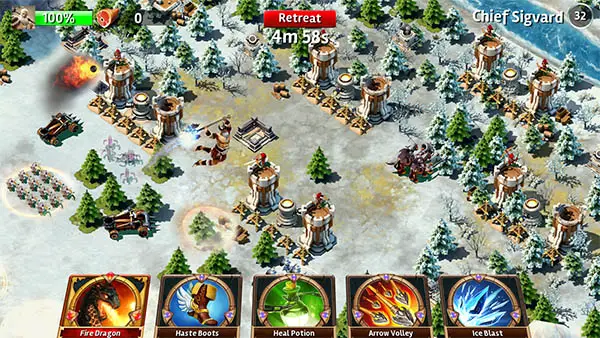
This mechanic, which may sound limiting, actually makes your choice of where to send them much more interesting. Plant them in an area surrounded by watchtowers, and you’re in for a tough fight, as your troops try to take down every tower before moving on. However, if you head straight for the fortress and fail to destroy support structures, you’ll be missing out on valuable opportunities to collect “food” with which to reinforce your troops. Add to that a collection of spells with various effects, from freezing an area to unleashing a dragon, and you’ve got yourself a fairly compelling combat system.
In the end, Siegefall ends up in that long list of “could-have-been-greats,” games with an excellent core system, but marred by flaws to glaring to ignore. In Siegefall’s case, it’s the intrusive pay-to-play elements and a muddled RTS system that distract from what could have been a great tactical strategy title.
Is it Hardcore?
Depends...
If you can focus on what’s good, and ignore the rest, you might have some fun.

